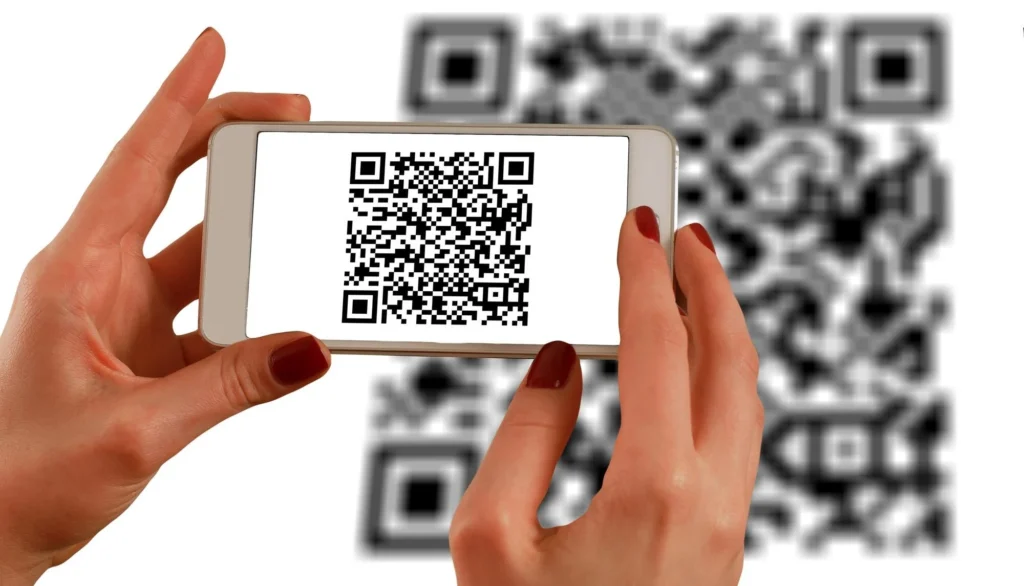Imagine going into your favorite local candy store and seeing a long line at the counter. Now imagine, instead of waiting forever, the cashier quickly scans a tiny barcode on each item, and you’re out the door in no time.
Sounds amazing, right? This magic comes from barcodes and QR codes, little patterns that make managing small retail stores. Read on to learn more.
Speeding Up Checkout
One of the main benefits of barcodes is how they speed up the checkout process. Instead of manually entering each item’s price, the cashier can scan the barcode, making the whole process faster and more accurate.
Reducing Errors
Human errors can be costly. Imagine typing the wrong price for an item repeatedly. Barcodes eliminate this risk by providing accurate product information every time they are scanned.
Managing Inventory
Keeping track of inventory management is crucial for any retail store. Barcodes help store owners know what items are in stock and what needs to be reordered. For example, if a bookstore sees that copies of the latest Harry Potter book are selling fast, they can quickly reorder more to meet customer demand.
Digital Menus and Offers
Many small cafes and restaurants now use QR codes for digital menus. This not only reduces the need for physical menus but also allows for easy updates. QR codes can also be used to offer special discounts, making the dining experience more enjoyable.
Creating a Community
QR codes can help small retail stores build a sense of community. For example, a local grocery store might use QR codes to direct customers to their social media pages, where they can share recipes and cooking tips.
Choosing the Right Equipment
Choosing the right barcode scanner is crucial. Handheld scanners are popular for their ease of use and portability. You’ll also need software that can integrate with your point-of-sale (POS) system, ensuring seamless operations.
Training Staff
Training your staff to use barcodes is essential for a smooth transition. Most barcode systems are user-friendly, but it’s important to ensure that everyone knows how to use the equipment and software correctly. This training will help avoid any hiccups during the initial implementation phase.
The Future of Barcodes and QR Codes
The future looks bright for barcodes and QR codes. With advancements in technology, these codes are becoming even more versatile and essential for small retail stores. Innovations like augmented reality (AR) could make shopping experiences even more interactive and personalized.
Integrating a barcode reader c# into your retail software can significantly enhance operational efficiency. In C#, you can utilize libraries that enable you to easily decode barcodes from images or camera streams.
Augmented Reality Integration
Imagine walking into a store and scanning a QR code that shows you how a piece of furniture would look in your living room using AR. This technology is becoming more accessible, offering exciting opportunities for small retail stores to enhance customer experiences.
Personalized Shopping
Personalization is the future of retail, and QR codes play a significant role in this trend. By scanning a QR code, customers can receive tailored recommendations based on their previous purchases.
Exploring the Importance of Barcodes and QR Codes in Small Retail Stores
In conclusion, barcodes and QR codes are not just simple patterns; they are powerful tools that can transform small retail stores. They speed up the checkout process, reduce errors, and help manage inventory efficiently. QR codes engage customers in unique ways, offering digital menus, and discounts, and even creating a sense of community.
For more helpful tips, check out the rest of our site today.







